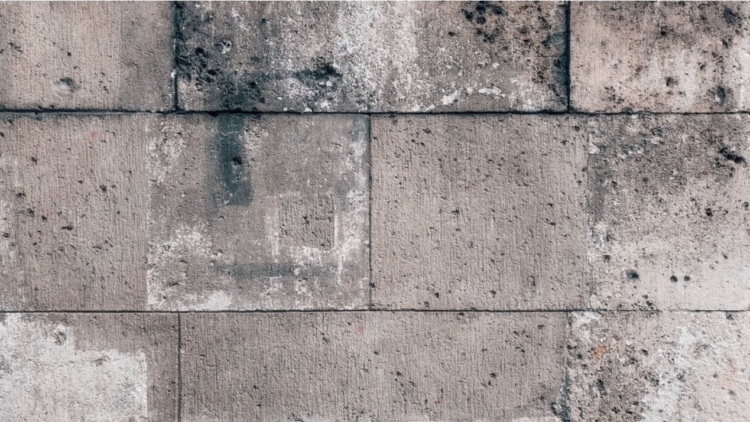Concrete is big business. In 2018, the United States made approximately 88.5 million metric tons of cement. It is clear that there is an enormous demand for concrete supply. As you consider your industrial concrete needs, you may need to think about waterproofing your concrete structures. Your concrete suppliers should offer waterproofing as a service. The following is a discussion of the chemistry and the methods of concrete waterproofing.
The Problem of Water Leaks in Concrete Structures
Water leakage is a serious problem for all kinds of concrete structures. It occurs in buildings made of reinforced cement concrete (RCC), steel buildings with steel roofs, basements, and water tanks, among other structures. Fortunately, waterproofing methods have improved in recent years.
The Water in Concrete
Cement, aggregate materials, and sand go into the making of concrete. Hydration of cement, a chemical reaction between cement and water, gives concrete its strength. If the water to cement ratio is 0.23 to 0.25, the concrete will be too thick to pour into a framework. This problem can be avoided if the water to cement ratio is 0.4 to 0.5. The additional amount of water is not involved in the hydration reaction and evaporates in time, leaving behind spaces referred to as porosity of concrete.
There are two types of porosity, gel and capillary. Gel porosity does not lead to water leaks. By contrast, capillary porosity lets water flow under hydrostatic pressure, because of the sucking of capillaries. This occurs in the walls that form water tanks, in underground concrete structures, and slabs beneath buildings. Water travels from one end of the concrete form to the other.
Leaks are due to high water to cement ratio and capillary action. It is important to know about these factors when deciding on a method of waterproofing. Once the cause of the leak is determined, the problem can be fixed.
Types of Concrete Waterproofing
Concrete suppliers know that new structures should be waterproofed, and the waterproofing should be maintained over time. Waterproofing systems fall into five categories:
- Coatings
- Membranes
- Barriers
- Chemically reactive treatments
- Tanking
Coatings come in two types: film forming and water repellents. Film forming coatings come in liquid or in a combined liquid and power formula. The coating is applied with a brush or spray and creates a film when it dries. Water repellents are also liquids that are brushed or sprayed on the concrete. Both types keep the concrete surface dry.
Membranes offer a thicker water barrier than coating does. Membranes may be made in a factory or at the work site. Factory membranes come in rolls, while membranes made on site involve fabric and a liquid that adheres the fabric to the surface.
Barrier waterproofing creates an obstruction that interferes with hydrostatic pressure, and therefore reduces or stops the flow of water. It also keeps water out of the porosity.
Chemically reactive treatments are a newer kind of waterproofing. The most common kind is crystallization treatment, in which water is applied to the concrete and left for 24 hours. Next, a chemical treatment is applied in two coats. The chemical dissolves on the wet surface and enters the porosity, where it reacts with lime and creates crystals. The crystals prevent water from entering the porosity.
Tanking treatment is used for leaks in an underground concrete structure that must be treated from the inside. First, the concrete suppliers examine the surface for leaks and seal them with grouting. Next, a polymer and cement mixture is applied, followed by a bond coating of polymer and cement. Finally, the treated area is covered with mortar that is polymer modified. The mortar becomes strongly adhered to the concrete surface and can stand up to high water pressure.
Waterproofing extends the life span of concrete structures by preventing or stopping damaging leaks. It is clearly a complex process that should be handled by professionals. Commercial and industrial concrete suppliers should be well versed in the chemical makeup of concrete and should advise you on the waterproofing method that is right for your building. We offer a versatile chemical grout that is safe to use, and stays flexible while it permanently seals cracks in block or cured foundations, concrete joints, precast structures, reservoirs and dams, tunnels, mines, and manhole and pipe penetrations. Contact our experienced team today for a consultation.



